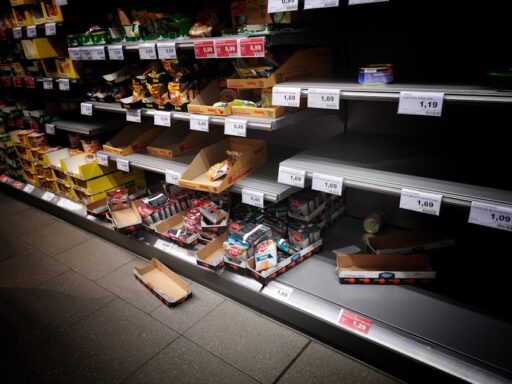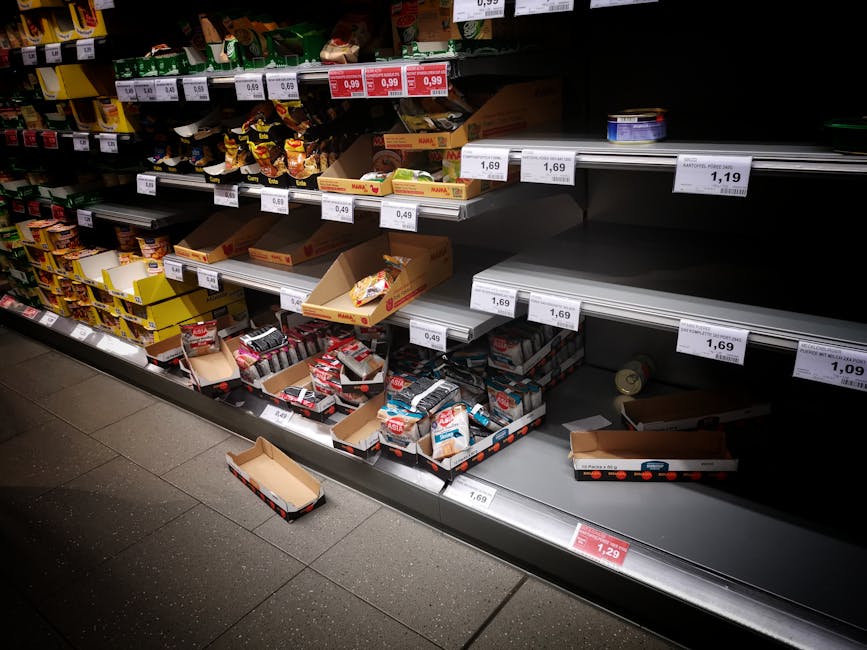Transforming Food Supply Chains with AI: A New Era of Efficiency
The food supply chain industry has long struggled with inefficiencies and outdated systems, making it ripe for innovation. Traditional enterprise software often falls short, leaving businesses to navigate complicated processes and manual data entry. However, a new wave of technology led by AI agents promises to revolutionize these operations.
AI agents, which are capable of automating tasks typically handled by humans, are now being integrated into existing supply chain systems. This approach allows companies to enhance their processes without the need for complete overhauls. By layering AI on top of current systems, businesses can achieve greater efficiency and accuracy in their operations.
One startup leading this charge is Burnt, which has successfully developed AI agents to handle up to 80% of workflows traditionally managed by legacy systems. Since its launch, Burnt has processed over $10 million in monthly orders for various food distributors, demonstrating the potential of AI in streamlining supply chain operations.
The company’s success is attributed to its strategic approach to technology adoption. By focusing on the specific needs of the food supply chain industry, Burnt has gained trust and credibility. The startup’s leadership, with deep roots in the food industry, understands the complexities and challenges faced by operators, allowing them to tailor solutions effectively.
Despite initial skepticism from investors, the potential for AI in this sector is significant. Venture firms, like Penny Jar Capital, are beginning to recognize the opportunities presented by overlooked industries where tech adoption has historically lagged. As these AI-driven solutions continue to gain traction, the food supply chain industry is on the brink of a new era of efficiency and innovation.
With the backing of visionary investors and the expertise of seasoned industry professionals, the transformation of food supply chains through AI is not just a possibility but an imminent reality. As more companies adopt these advanced technologies, the future of the food supply chain looks promising, offering enhanced productivity and profitability for businesses worldwide.






